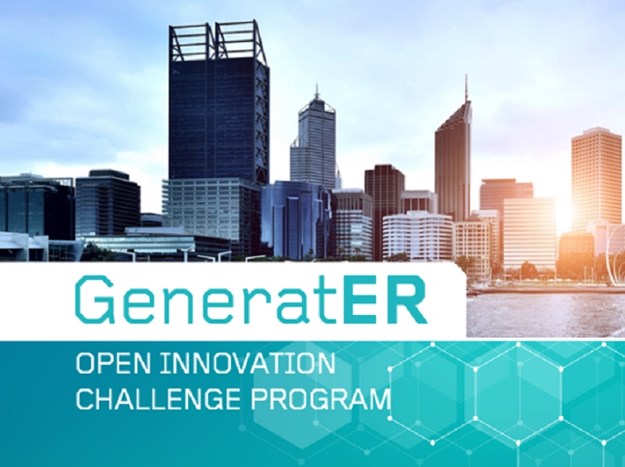Solutions to difficult problems being faced by Australia’s energy sector are being sought from small to medium enterprises (SMEs) under a new program
A new Western Australian innovation challenge hopes to find local solutions to complex problems facing the energy sector.
The GeneratER challenge will allow SMEs to be involved in the energy resources supply chain by pitching their solutions to an initial three problems.
It has been established by National Energy Resources Australia, an independent, federal government-funded non-profit organisation, and there are plans to roll out a similar program nationally.
NERA partnered with major operators and contractors to determine the challenges to be solved, with the first three determined by Chevron Australia.
They are:
– Provide a simplified ‘test strip’ technique for field operators to confirm Mono Ethylene Glycol (MEG) quality without the need for complex laboratory analysis.
– Reduce health and safety risk to personnel through the use of drones certified to fly into hazardous areas to investigate abnormal situations through onboard sensors.
– Provide solutions for automated, remotely monitored sensing and data aggregation/tracking for cathodic protection status and system amperage/voltage for oilfield wells on Barrow Island.
 |
|
The GeneratER challenge hopes to encourage Western Australian innovation
|
It is hoped that giving Western Australian SMEs the opportunity to solve these problems will not only lead to innovation but also local businesses, even those currently outside the sector, gaining a bigger portion of the money spent in the energy resources supply chain.
NERA CEO Miranda Taylor says pilot programs such as GeneratER play an important role in the development and adoption of new technologies and believes this could be worth billions of dollars to the economy.
“With a strong focus on manufacturing solutions that will decarbonise, digitise and diversify the energy sector supply chain, GeneratER will help stimulate the supply chain in the sector by identifying a small number of business or operational challenges that will be open to SMEs that can manufacture or provide technological solutions for piloting,” she says.
“Our own research has demonstrated that stronger, local supplier capabilities in the oil and gas supply chain could capture an additional $7 billion of value [GVA] by 2030, generating up to $49 billion to the economy,” says Taylor.
“The opportunity to pilot some of these solutions will support local SMEs to deliver technology products and services into larger Australian-based energy resource companies, increase the size of the domestic spend, and also potentially expand into global supply chains.”
Expressions of interest are open for WA-based SMEs and can be lodged through NERA’s website.

